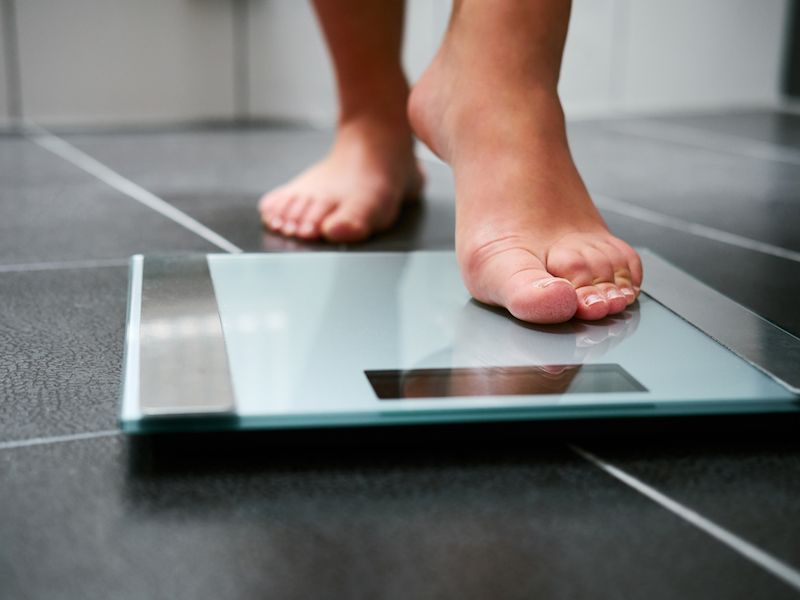
We’ve known for a long time that eating too much is harmful to our health, especially over time. Obesity is associated with a number of health issues. Heart disease, high cholesterol, diabetes, and you can put hearing on the list, also. It’s estimated that roughly 48 million individuals in the United States, hearing loss is a problem for around 20% of the U.S population, and almost twice that amount of adults, 93 million, are obese. Throughout the country, these shocking numbers point to a significant health problem.
How Is Obesity Connected to Hearing Loss?
Various studies have revealed that loss of hearing and obesity have a connection. Although scientists are still investigating the connection, it’s assumed that hearing loss and obesity have a connection because the circulatory system is impacted. Additionally, obesity is associated with high blood pressure and diabetes, which are also linked to hearing loss.
Sound in the ear is detected by small hairs inside the inner ear. These tiny hairs, called stereocilia, have to have a steady blood flow and oxygen to work properly. Because of obesity, the flow of blood is restricted throughout the body because, so that it can get the blood flowing inside the body, the heart must do additional work, which means that there is less than ideal amount of blood flow supplied to your ear. The ears can be permanently injured in this way. Heart disease, high blood pressure, and diabetes affect the inner ear in the same manner, as all of these conditions adversely effects your blood flow.
It’s extremely important to keep control of your weight as you get older since age-related hearing loss is also connected to a high fat mass index. Your body’s metabolism can’t work as well or as fast as it once did, which is why you should attempt to stick to healthy habits that you formed when you were younger.
Your ears and your general health are benefited by good nutrition.
Treatments For Obesity-Associated Loss of Hearing
If your loss of hearing is brought about by obesity, you may never be capable of getting it back, nonetheless, so that you can find out how significant your hearing loss is, it’s essential to get your ears examined. If you have permanent damage, you might need a hearing aid or other device to begin hearing correctly again.
If the damage is only slight, you might need to consult your physician before your health worsens, about creating a diet and exercise plan to reduce the impact your weight has on your health. Your doctor should recommend a cardio intensive exercise routine that will strengthen your general health and get your blood pumping. You will likely find that other aspects of your life also get better, mental health, for instance, since consistent exercise has been proven to reduce depression.
How to Prevent Obesity-Related Loss of Hearing
diabetes, heart disease, and high blood pressure Your ears will most certainly be kept in better condition if you keep your body healthy. A plan that can help you achieve your goals and that is customized for you can be put together by a nutritionist. The nutritionist can make sure you’re eating the best blend of nutrients in healthy foods, foods that have plenty of iron, for instance, since, you guessed it, a lack of iron in your diet can exacerbate your hearing loss and lead to tinnitus.
Find out more about hearing loss and how you can hear better with the proper treatment method.
